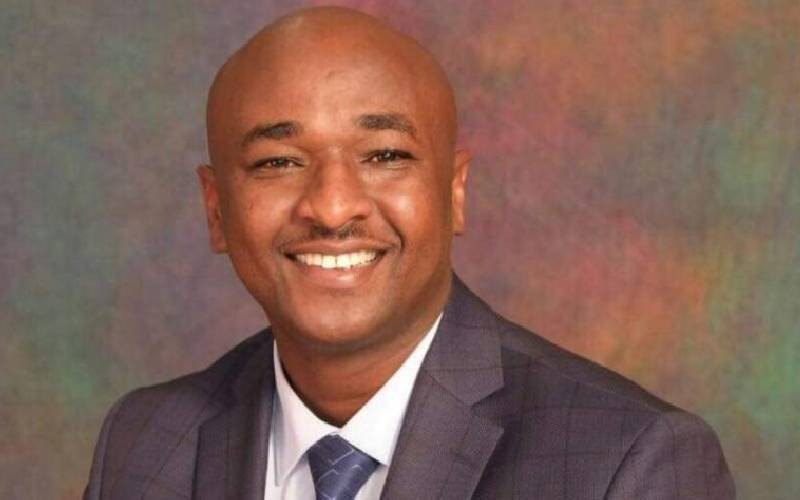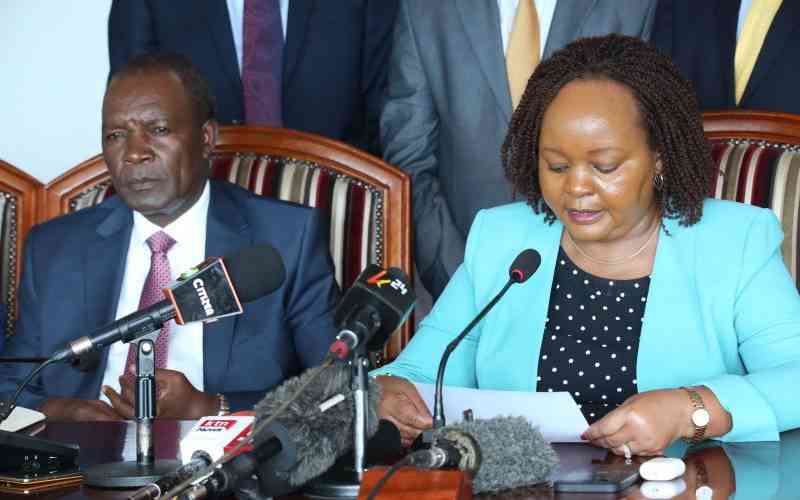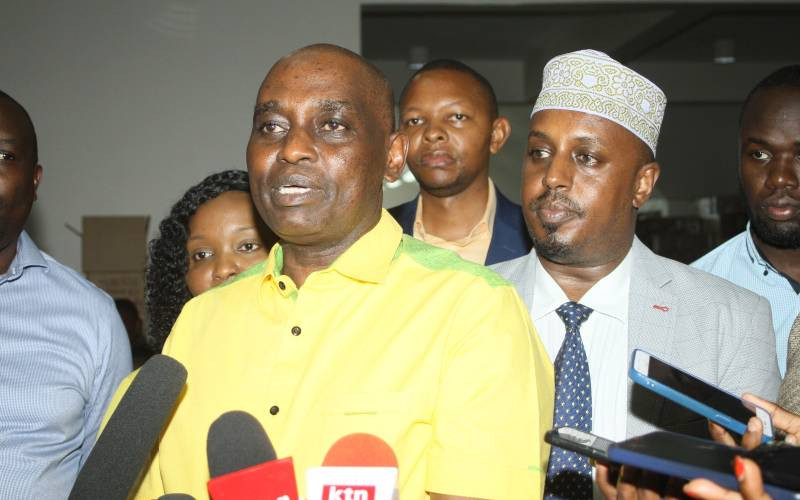The Government has set aside Sh40 million to boost the campaign against Female Genital Mutilation and other gender related ills, Devolution and Planning Cabinet Secretary Anne Waiguru has said.
"High stigma associated with undergoing female circumcision or refusing marriage proposal regardless of age still remains a challenge. We must commit ourselves to the full implementation of the FGM Act 2011 and other legislation governing the fight against the vice and child and forced marriages," Waiguru said.
She said discriminative cultural beliefs and practices that deny girls and women their rights and expose them to gender-based violence remain a challenge.
Waiguru said that child marriage is a global problem that impedes the development, well-being and life options of affected individuals and their families.
"Child marriage is one of the most harmful cultural practices as it denies girls opportunities, leads to poverty and economic insecurity and has a serious negative impact on their health and decision making capabilities," she said.
In a speech read on her behalf by her Principal Secretary, Peter Mangiti, Waiguru said that in the past decade, child marriage was ignored and only recently began receiving global attention.
She said high poverty levels and illiteracy among women forces them to depend solely on men and to persevere any form of violence. In some communities, men decline to marry uncircumcised women, forcing the latter to undergo the cut for fear of lacking a husband.
Addressing participants at his residence on the eve of Girl Summit in London yesterday, British High Commissioner to Kenya Christian Turner said the Government must design and implement effective, properly funded policies and laws to end FGM.
He said that where necessary, the Government should work with neigbouring countries to implement policies and legislation.
On average, one out of four girls will be married before their 18th birthday in Kenya. FGM prevalence stands at 27 per cent, which, although down since 1998, is still too high.
"If we fail to take action in Kenya 824,000 of the young girls born between 2005 and 2010 will be married before the age of 18 by 2030," said Dr Turner.
"To deliver Vision 2030 and unleash inclusive growth, women must be able to fulfill their potential free from discrimination and violence. FGM and early marriages are two harmful practices which stand in the way of this vision," he said.
Inhumane treatment
Article 53 and Section 1 (d) of the Constitution says that every child has the right to be protected from abuse, neglect, harmful cultural practices, all forms of violence, inhumane treatment, punishment and hazardous or exploitative labour.
Child marriage is a violation of article 16 (2) of the Universal Declaration of Human Rights which states that marriage
Stay informed. Subscribe to our newsletter
The Girl Summit charter on ending FGM, child and forced marriages has brought together 29 countries and committed to making sure that every girl and woman at risk of or affected by the cultural practices must have access to appropriate services such as education, counselling, shelter, reproductive health and medical care.
 The Standard Group Plc is a
multi-media organization with investments in media platforms spanning newspaper
print operations, television, radio broadcasting, digital and online services. The
Standard Group is recognized as a leading multi-media house in Kenya with a key
influence in matters of national and international interest.
The Standard Group Plc is a
multi-media organization with investments in media platforms spanning newspaper
print operations, television, radio broadcasting, digital and online services. The
Standard Group is recognized as a leading multi-media house in Kenya with a key
influence in matters of national and international interest.
 The Standard Group Plc is a
multi-media organization with investments in media platforms spanning newspaper
print operations, television, radio broadcasting, digital and online services. The
Standard Group is recognized as a leading multi-media house in Kenya with a key
influence in matters of national and international interest.
The Standard Group Plc is a
multi-media organization with investments in media platforms spanning newspaper
print operations, television, radio broadcasting, digital and online services. The
Standard Group is recognized as a leading multi-media house in Kenya with a key
influence in matters of national and international interest.









